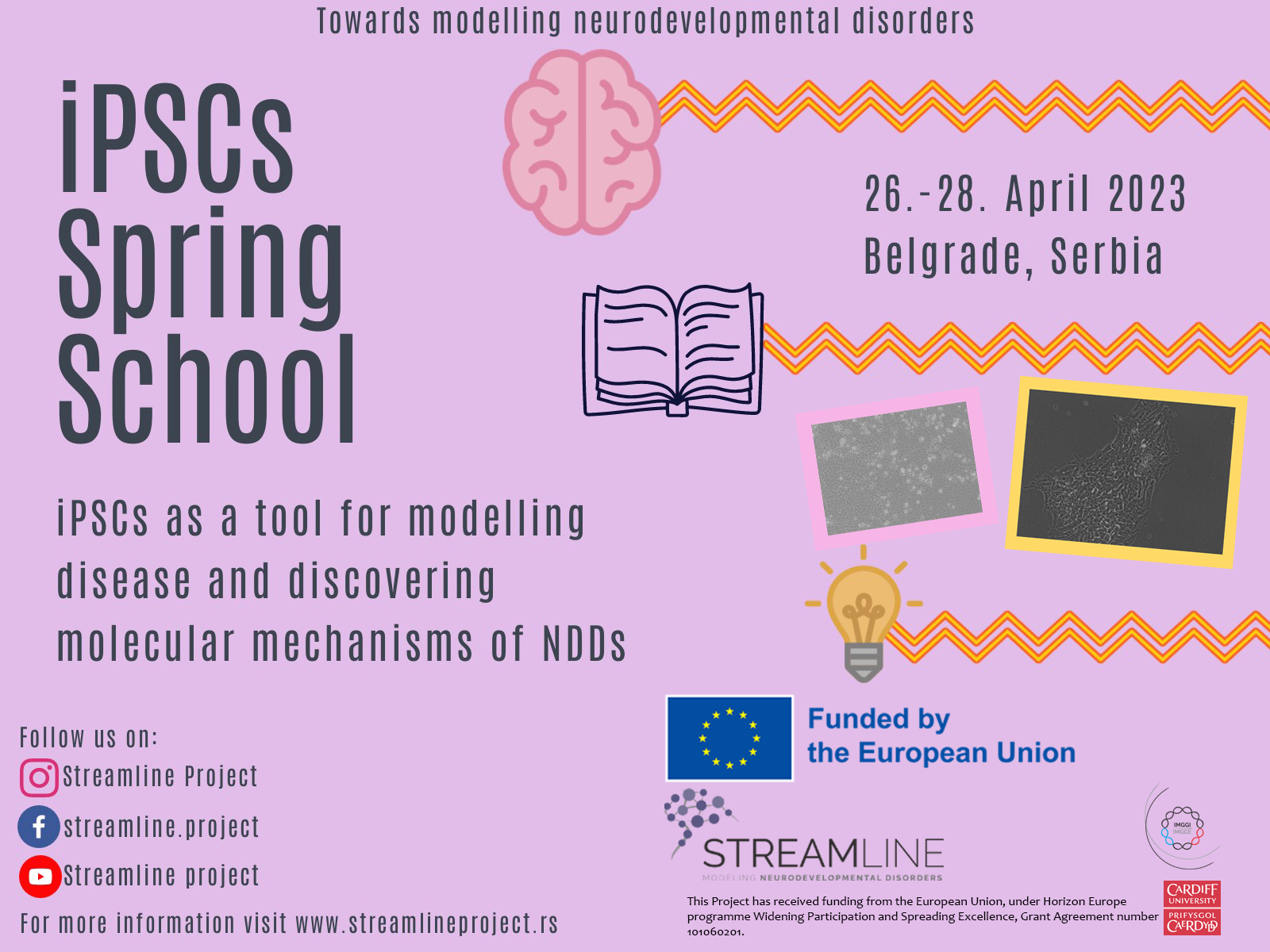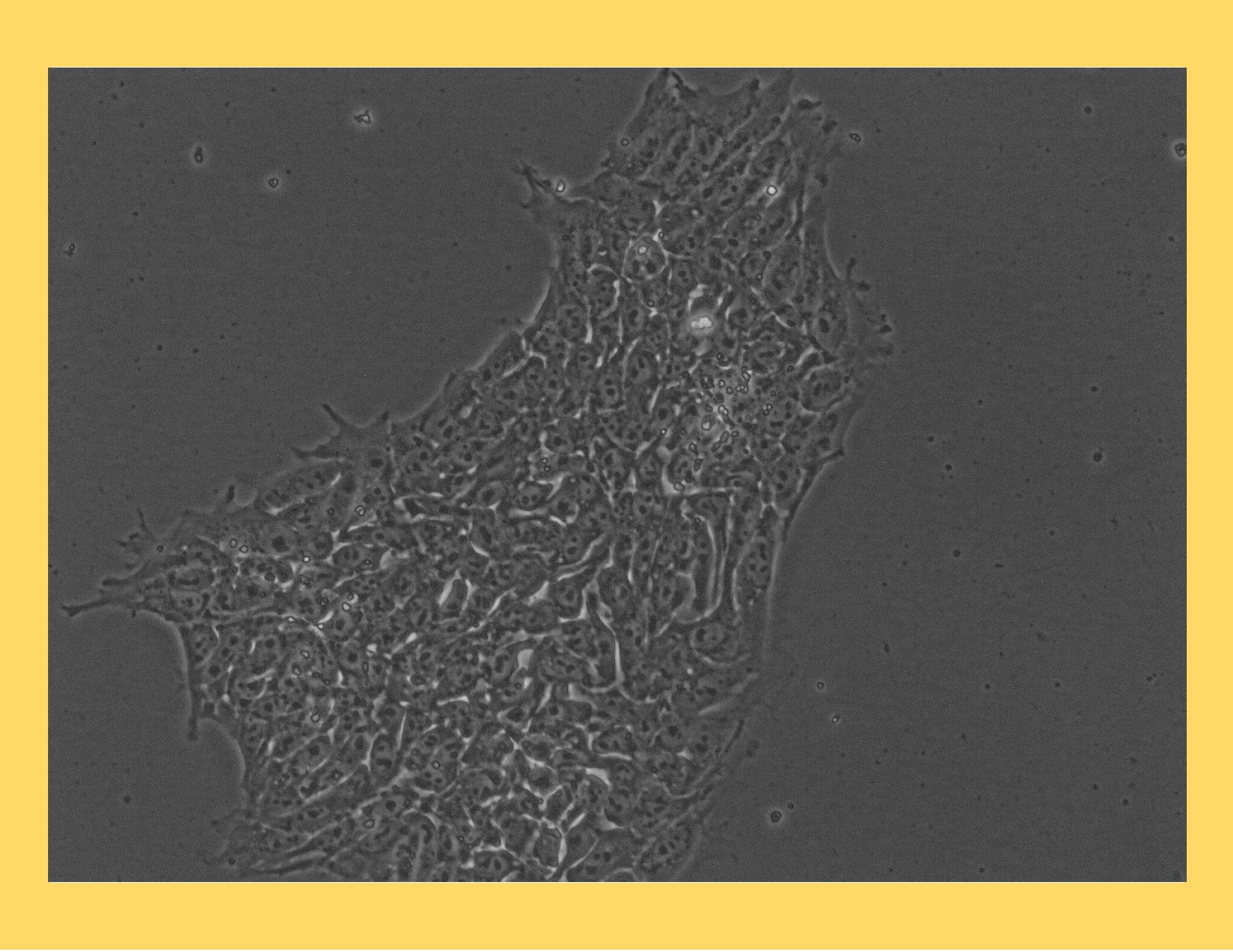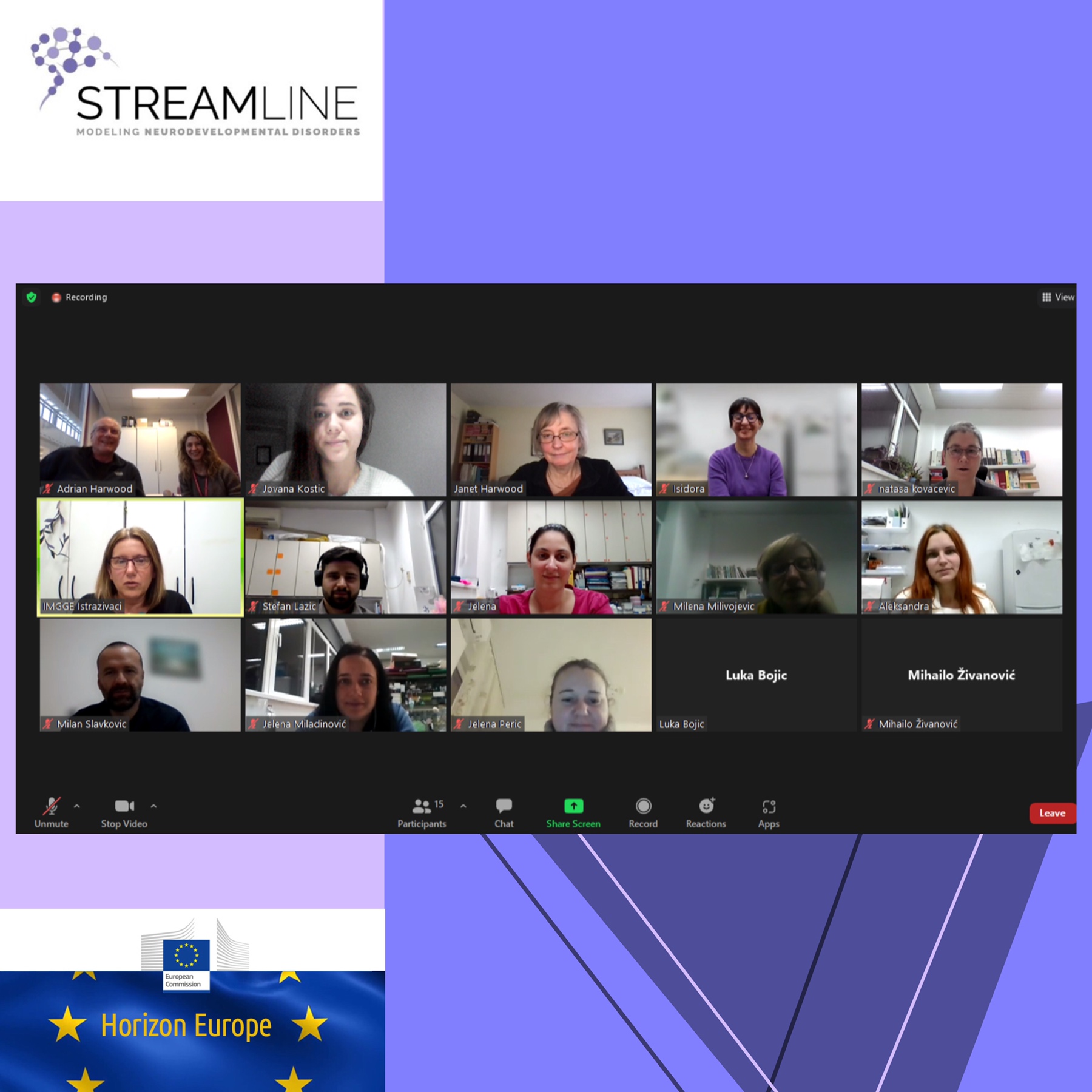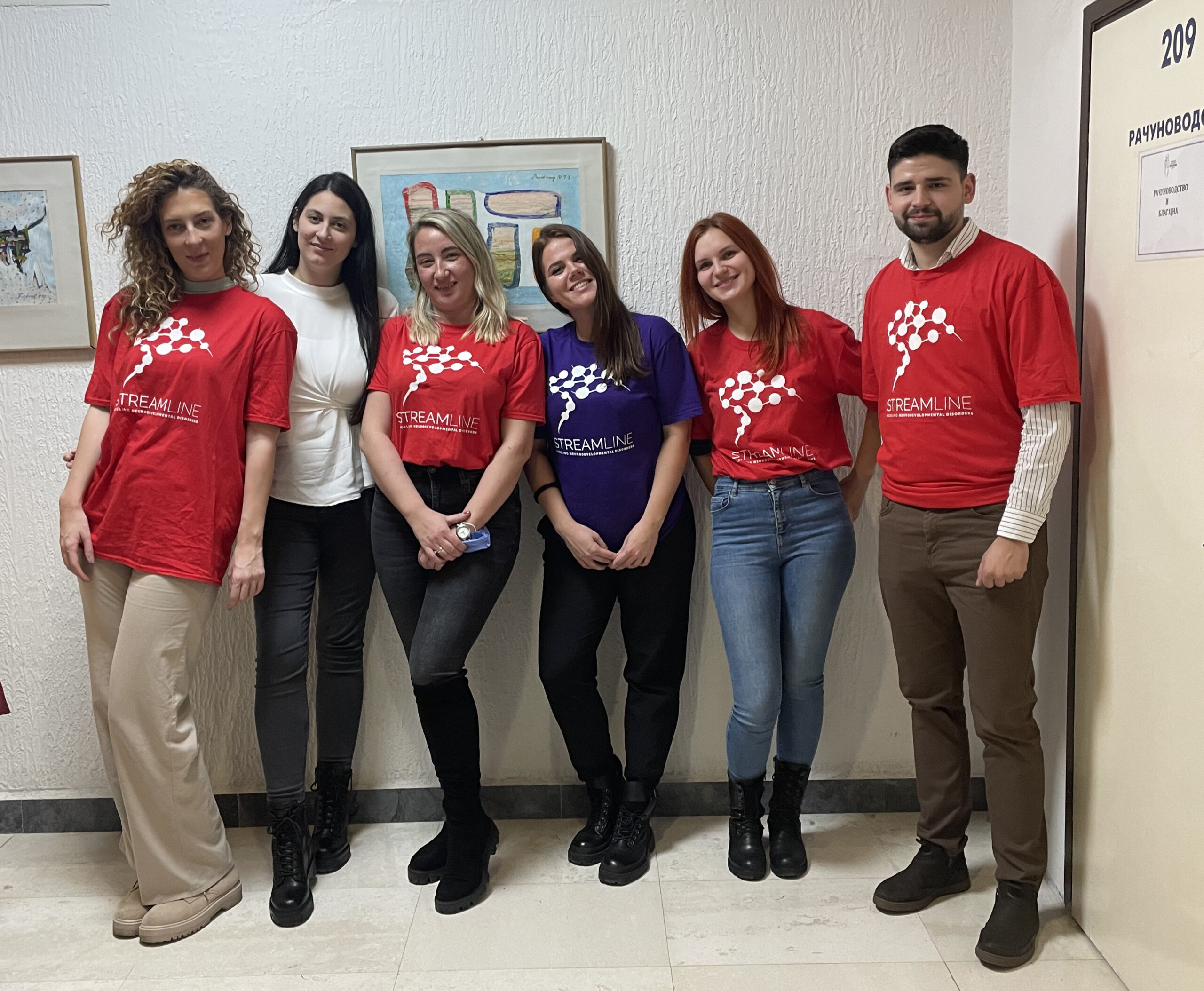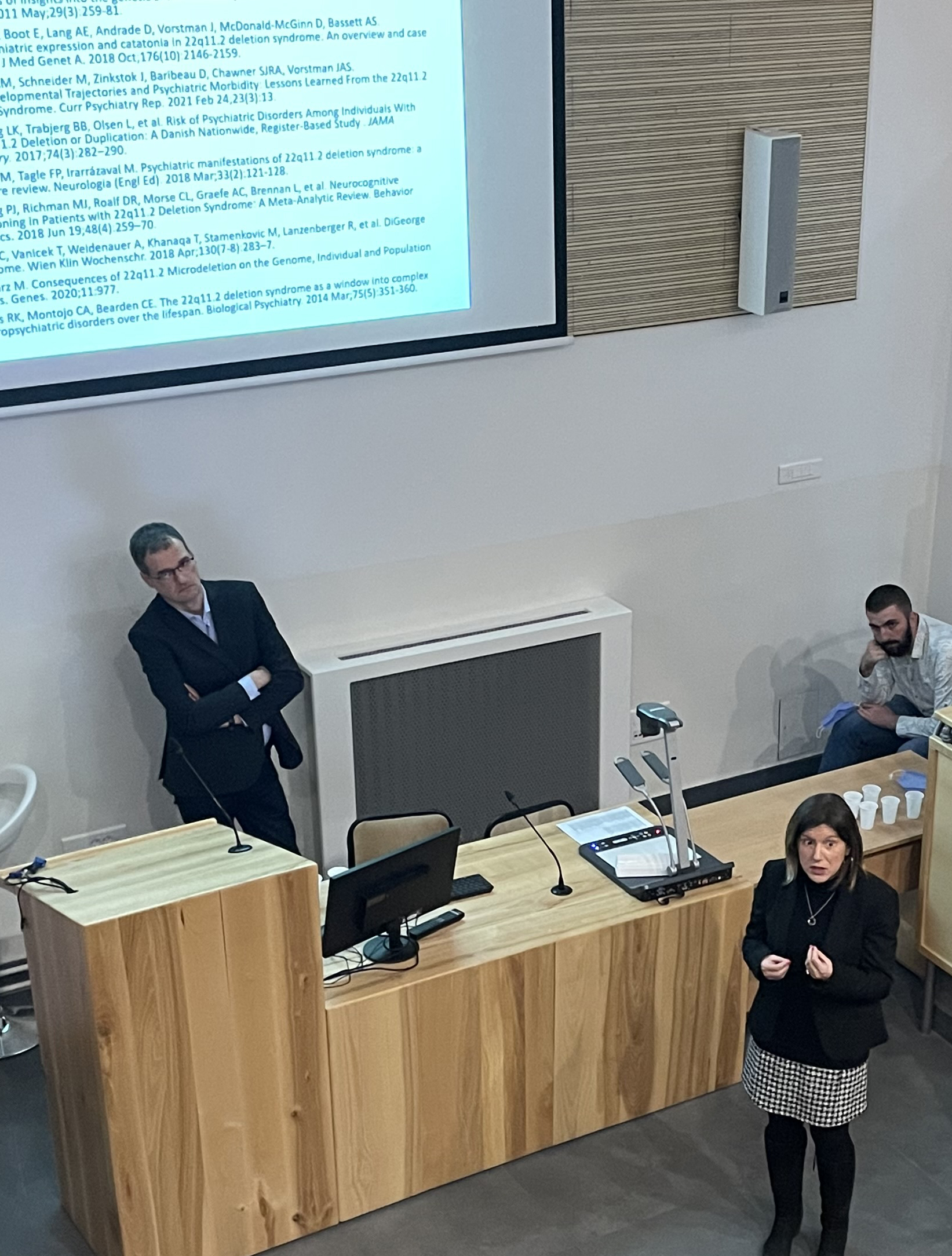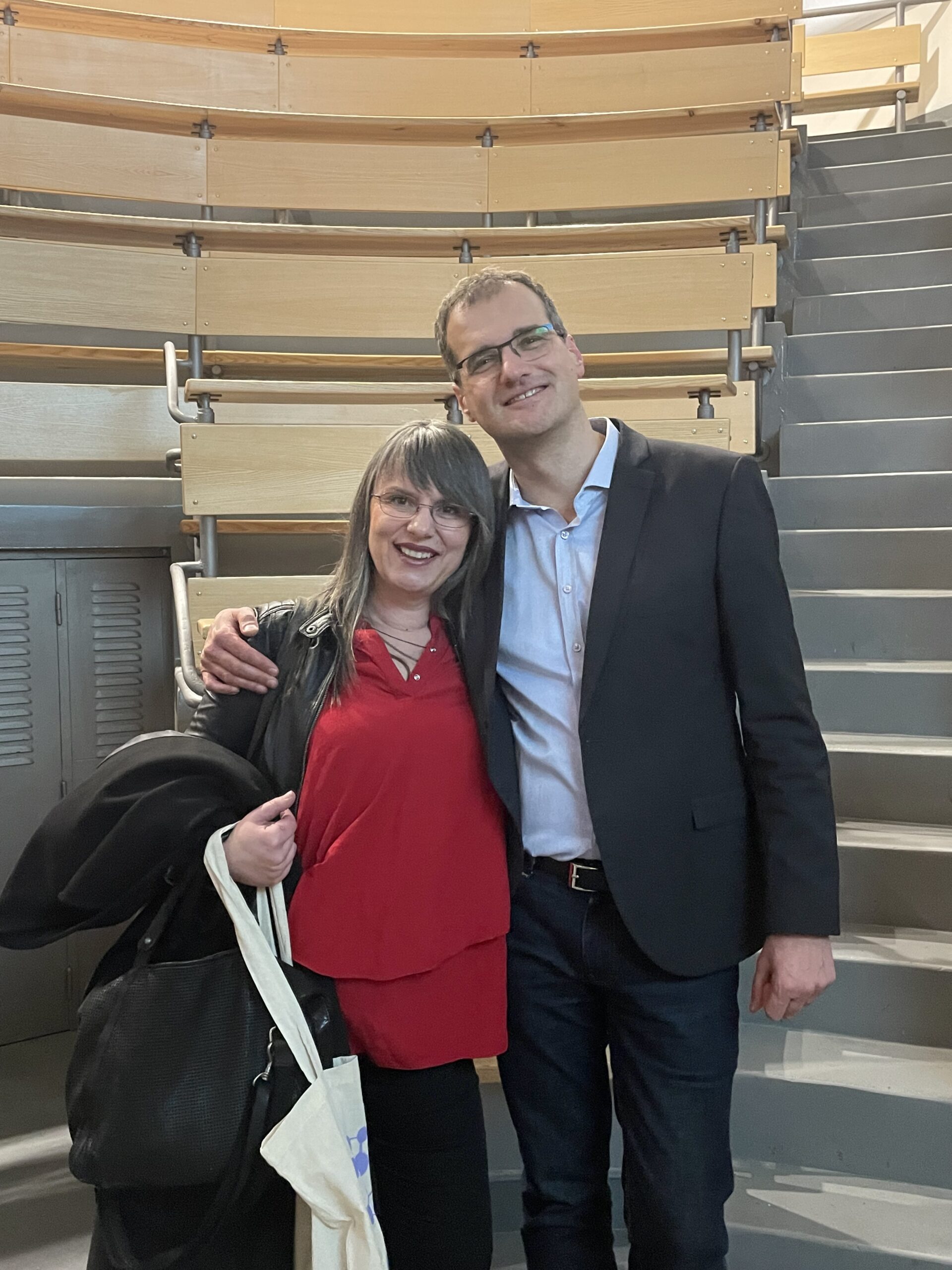Towards modelling neurodevelopmental disorders
It is our great pleasure to announce our Spring school: “iPSCs as a tool for modelling disease and discovering molecular mechanisms of NDDs” as part of the STREAMLINE project funded by the European Union. The Spring school will be held at the Institute of Molecular Genetics and Genetic Engineering, University of Belgrade (IMGGE), Belgrade, Serbia from April 26th to April 28th 2023 and will be co-organized by IMGGE and Cardiff University, UK.
Why iPSCs Spring School: The Spring School will offer a comprehensive guide to current state-of-the-art research for patient-based iPSC research methods and approaches for research of Neurodevelopmental Disorders (NDDs). By face-to-face lectures, tutorials and hands-on training, the Spring School will guide you from the generation of iPSCs from patient samples, via in vitro neurodifferentiation and current approaches for disease modelling. It will provide knowledge and understanding of current approaches and technologies to support future research and international collaboration.
Who should attend this Spring school: PhD students from the Western Balkan region with interest in iPSCs based methodologies
Costs: travel (train/bus tickets), accommodation and subsistence costs will be covered by the STREAMLINE project
Language: English
How to apply: Please applyuntil 14th February at 3 p.m. 21st February at 3 p.m. via the Google form at the link below:
Application is now open
Selection procedure: To enable comfortable interactions between the instructors and attendees, the numbers of participants will be limited to a maximum of 20 attendees. The selection will be based on qualification, current work, and motivation letter regarding the ongoing or future research with iPSCs.
Decisions on acceptance will be announced by email on February 28th.
If you have any additional questions please do not hesitate to contact us on streamline.imgge@gmail.com
Looking forward to seeing you in Belgrade.
STREAMLINE team


